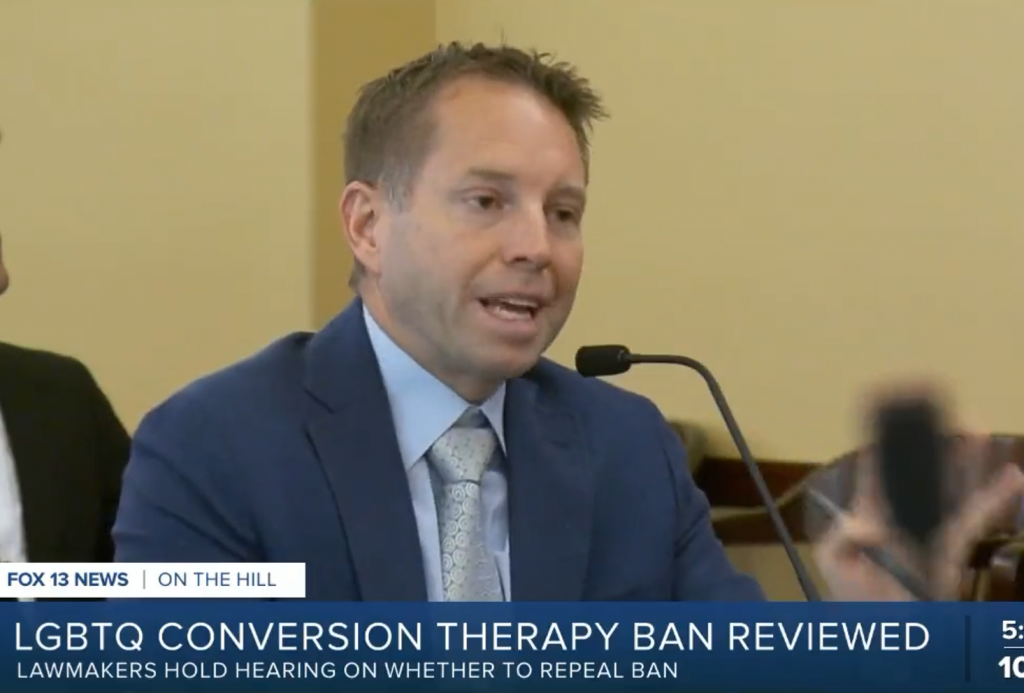Why are some Latter-day Saints consumed with questions around prophetic fallibility, while others aren’t?
This presentation explores that question .
Slides below for download:
Continue reading “Fallibility Doesn’t Matter.”Radically Orthodox LDS Perspectives
Why are some Latter-day Saints consumed with questions around prophetic fallibility, while others aren’t?
This presentation explores that question .
Slides below for download:
Continue reading “Fallibility Doesn’t Matter.”Church finances are often a point of criticism. But should they be?
In thinking about church finances, it’s helpful to have a basic grasp of tools large organizations use to make complex decisions around investments and spending. In this presentation we look at one of those tools, the Analytic Hierarchy Process, and think about how organizations bring maturity to their decision making processes.
The important question to consider is, what methodologies are the church’s critics employing? And are those superior to frameworks like AHP?
Continue reading “Church Spending”How can we tell the difference between God’s influence and other things like emotion?
What are signs of good versus evil spiritual energy?
What are signs of demonic influence?
We discuss these and other questions in this presentation; slides here:
Continue reading “Presentation on Spiritual Discernment”What do we mean when we affirm that President Russell M. Nelson is a prophet of God?
In this presentation, we have resources to answer that question.
Slides for viewing and download here:
Continue reading “Yes, Russell M. Nelson is an Authentic Prophet”Is empathy always a good thing?
Can it be used improperly?
What are some differences between empathy that leads to the well being of another person, versus empathy that facilitates their downward spiral?
These topics are covered in this presentation; slides below:
Continue reading “Healing vs. Destructive Empathy”This was a challenging topic to discuss, addressing some current negative thinking around our missionary program.
YouTube narration here:

A recent article in the Salt Lake Tribune unclearly characterized my comments to the Utah State Legislature on August 18 regarding conversion therapy. I would like to clarify them. While I oppose the current version of the conversion therapy rule, I do not support conversion therapy. As a therapist, I don’t believe changing sexual orientation is an appropriate goal in therapy. But I oppose the conversion therapy rule because not only does it forbid these kinds of attempts to change sexual orientation, but also brands a much broader range of interventions as “conversion therapy,” including assisting clients who wish to manage their sexual behaviors.
Continue reading “Responding to the SL Tribune’s Mischaracterization of my Testimony on Conversion Therapy”Why are we here?
Where are we going?
What does “judgment day” mean?
How does God judge souls?
Is there such thing as “sad heaven?”
These are all discussion points in this presentation. Slides below:
Continue reading “Presentation: Judgment Day is Underway”Here are some of my reasons for believing so.
YouTube Narration:
Continue reading “Yes, Joseph Smith is an Authentic Prophet.”What is accusation, and why do we see it in scripture about the War in Heaven?
What is the aim of accusation?
How does accusation impact our intuitions and our powers of reason?
How have we seen accusation employed in tyrannical movements?
Slides available for viewing and download:
Continue reading “Accusation: The Epistemology of Hell”